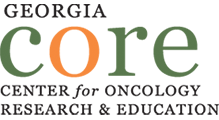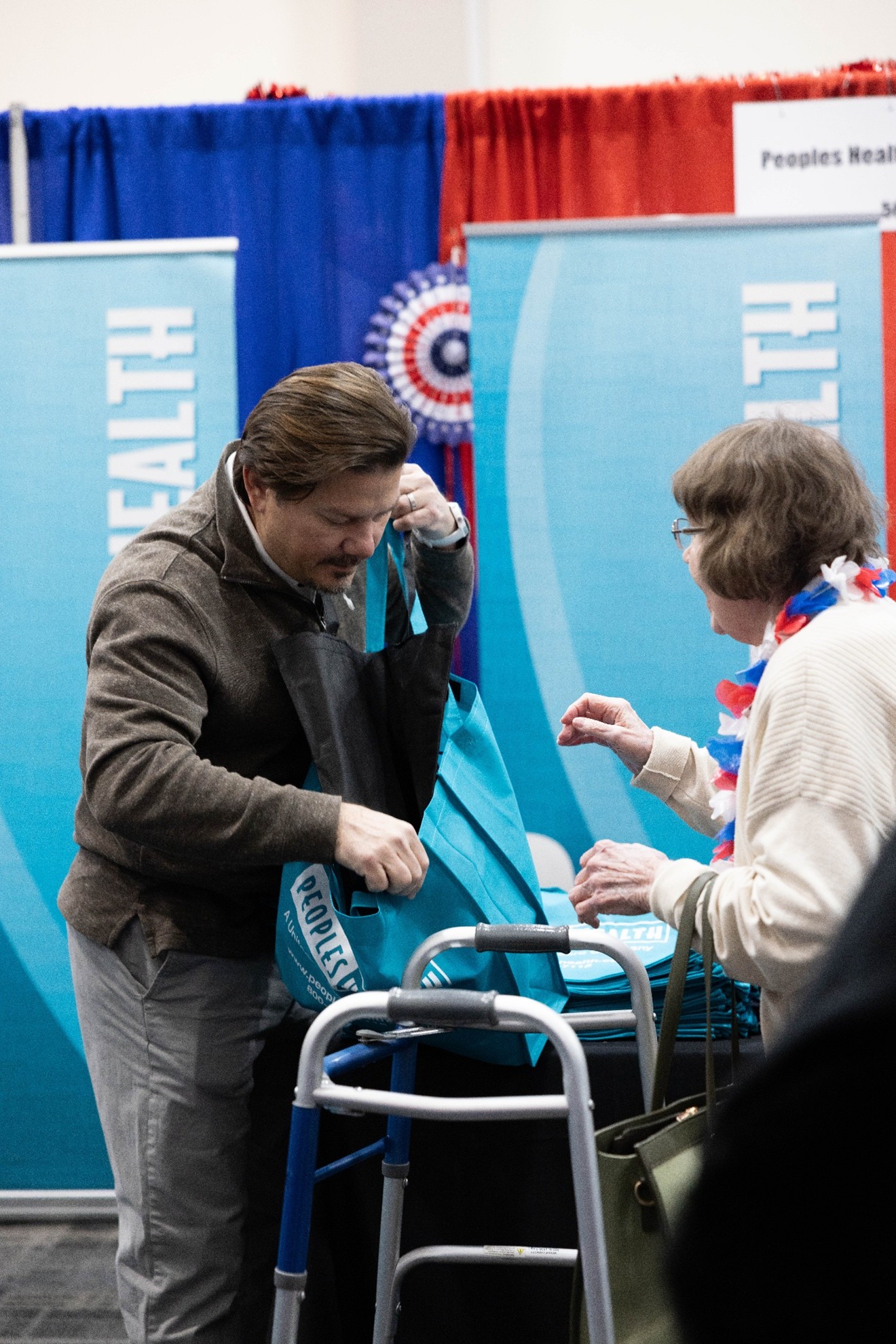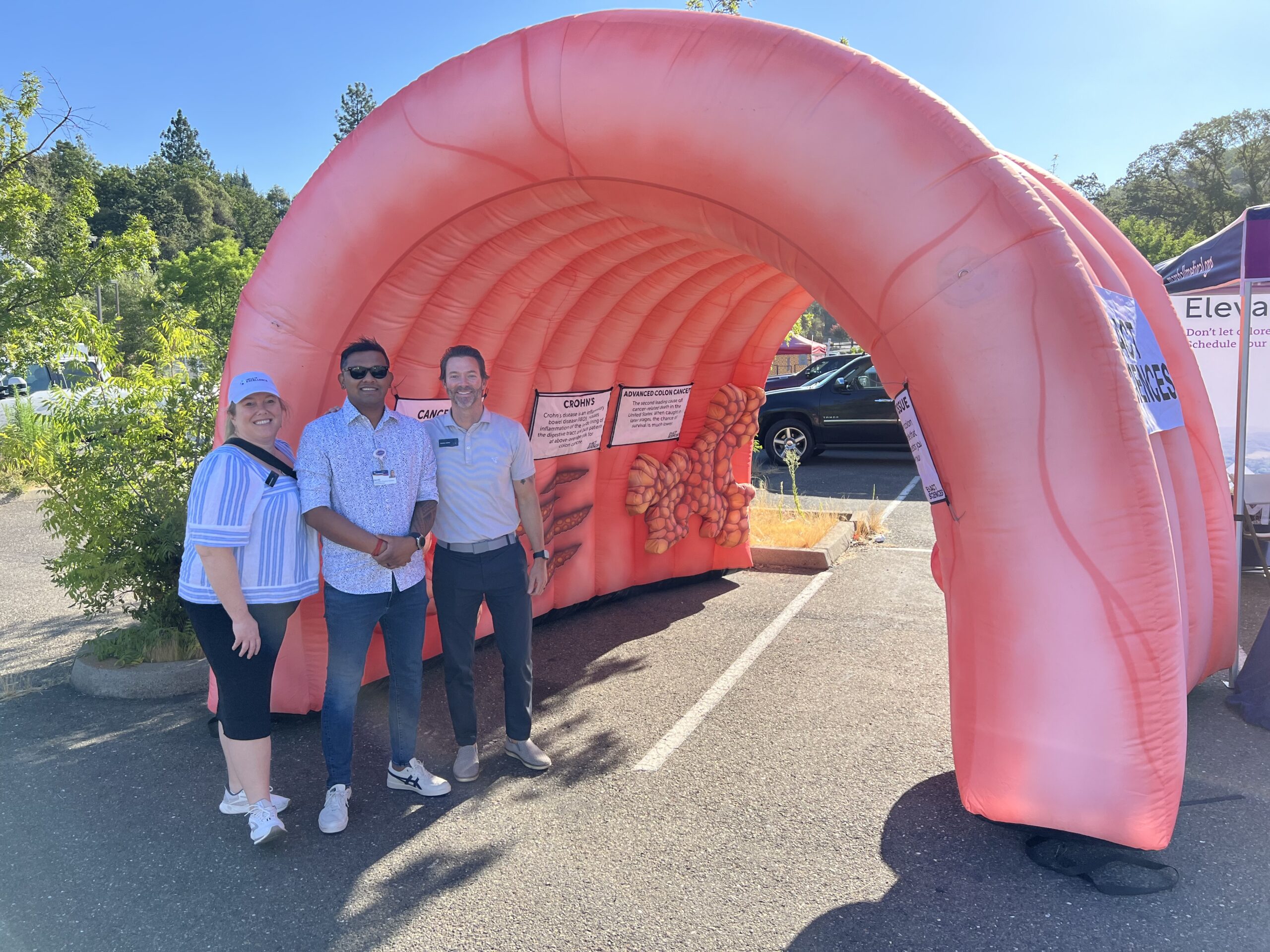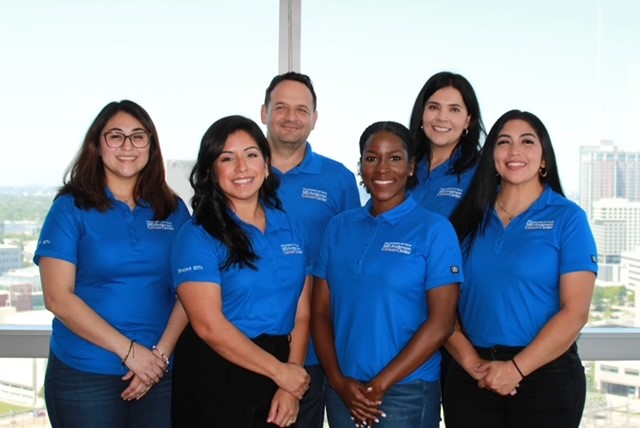Interview with Georgia CORE – 2025 National Achievement Award Honoree
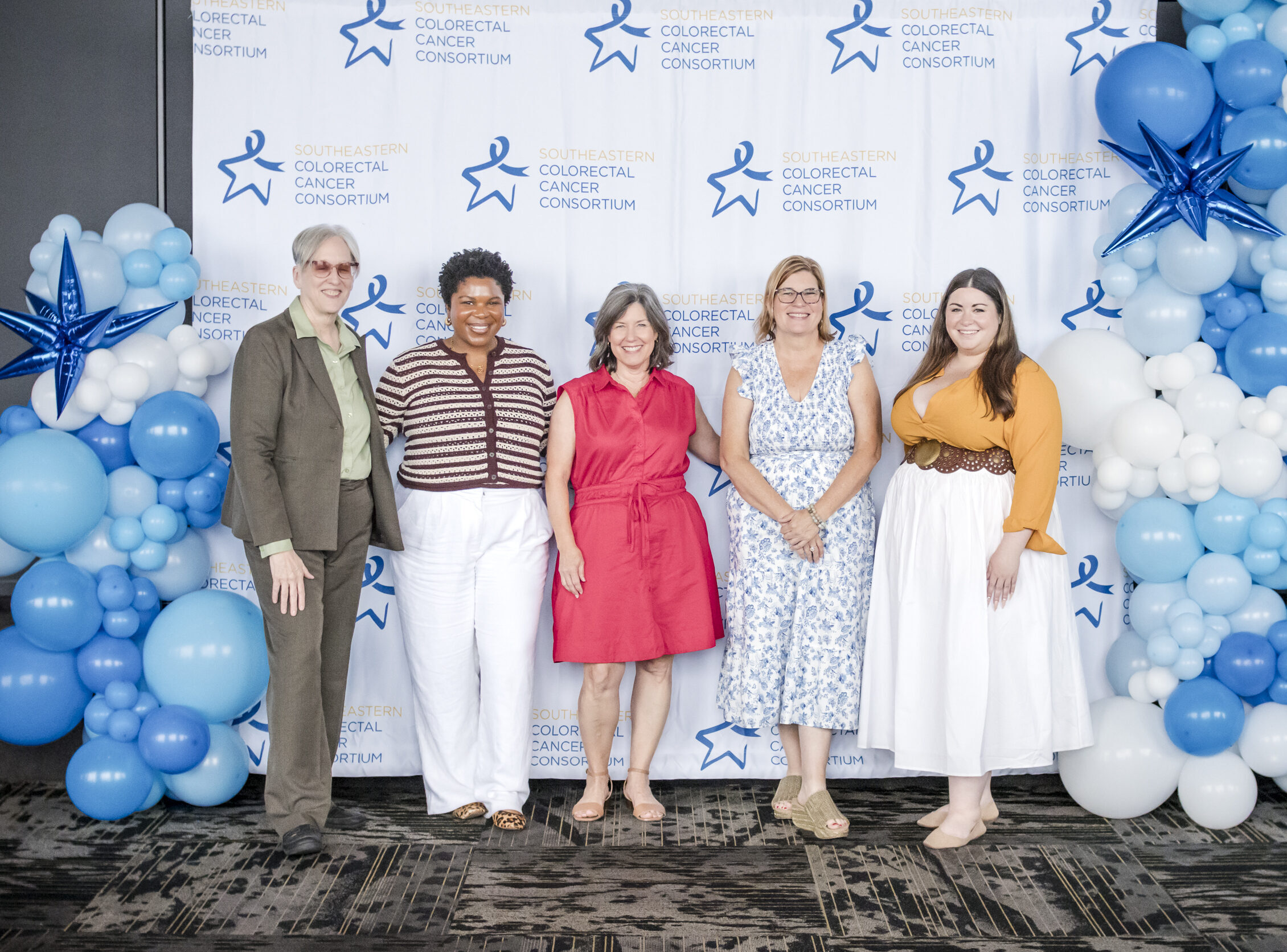
Date: June 24, 2025
As part of a series, the ACS NCCRT is thrilled to highlight our 2025 National Achievement Award Winners with in depth blogs on their work. Below you’ll find the second of five interviews with awardees about what they did to increase colorectal cancer screening (CRC) rates as well as their lessons learned from their efforts.
Quick Stats
Organization: Georgia Center for Oncology Research and Education
Interviewees:
- Lynn M. Durham, EdD, Board President and CEO, Georgia Center for Oncology Research and Education
- Katreena Davis, MPH, Senior Manager of Events and Programs, Georgia Center for Oncology Research and Education
The Interview
When and why did Georgia Center for Oncology Research and Education (Georgia CORE) decide to focus on increasing colorectal cancer (CRC) screening?
In 2019, the Georgia CRC Roundtable asked Georgia CORE to be the lead partner in the application for the Centers for Disease Control and Prevention’s (CDC’s) Colorectal Cancer Control Program (CRCCP) because of our statewide reach and success in leading innovative collaborations. Georgia CORE created a partnership with three Federally Qualified Health Centers (FQHCs), a cancer coalition in southwest Georgia, and Augusta University. Since that time, we have become more deeply involved in efforts to raise awareness and increase CRC screening throughout Georgia.
Did Georgia CORE set a CRC screening goal? If so, what was it and how did you measure it? What was the final outcome over what period of time?
Yes, the overall CRC screening goal was set based on CDC guidelines at 60% screened or higher. We decided that once a clinic was able to achieve and maintain this goal for three consecutive months, it would be in the “maintenance phase,” meaning there would be little intervention support from Geogia CRCCP. In addition, we worked with each clinic to set attainable annual goals or targets based on their capacity and resources over the 5-year period. Overall, we saw a screening rate increase of 4 percentage points over the 4-year period, including through 2023 when the age 45 screening guidelines went into effect creating a much larger denominator. Specifically for the health systems, two had an increase in rates by 12 (baseline: 31.4%) and 8 percentage points (baseline: 52.5%), while one experienced a decline of 2.3 percentage points (baseline: 41.4%), but all translated to 3,326 more patients screened through the program.
Did Georgia CORE have a CRC screening champion for your efforts on staff or in the community? If so, who were they and how did you engage them?
Our medical directors for the southwest and southeast regions have been our champions since the beginning of the program and have educated countless providers about the evidence-based interventions (EBIs) and the importance of CRC screening. James Hotz, MD (ACS NCCRT Community Health Center Strategic Priority Team Co-Chair), and Koosh Desai, MD, are both passionate champions who travel across their regions and the state to share their passion for screening. Dr. Hotz has a long family history of CRC and serves as the co-chair of the Georgia CRC Roundtable and Dr. Desai has been passionate about cancer screenings since medical school and has worked with nonprofits around the state to enhance screening.
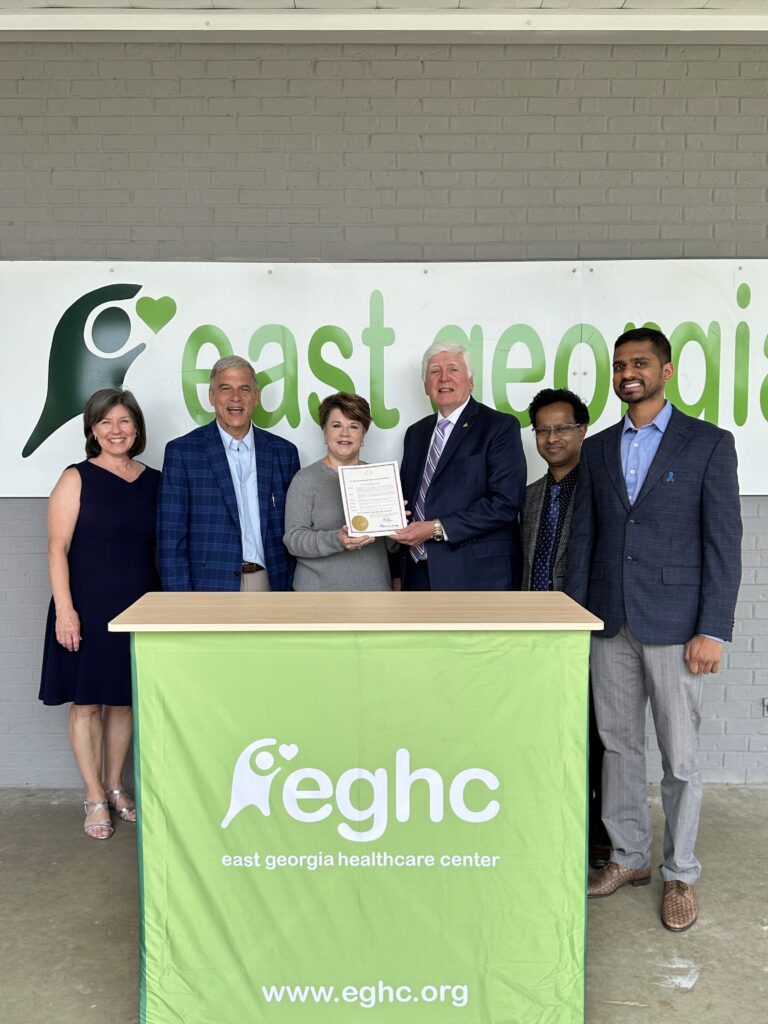

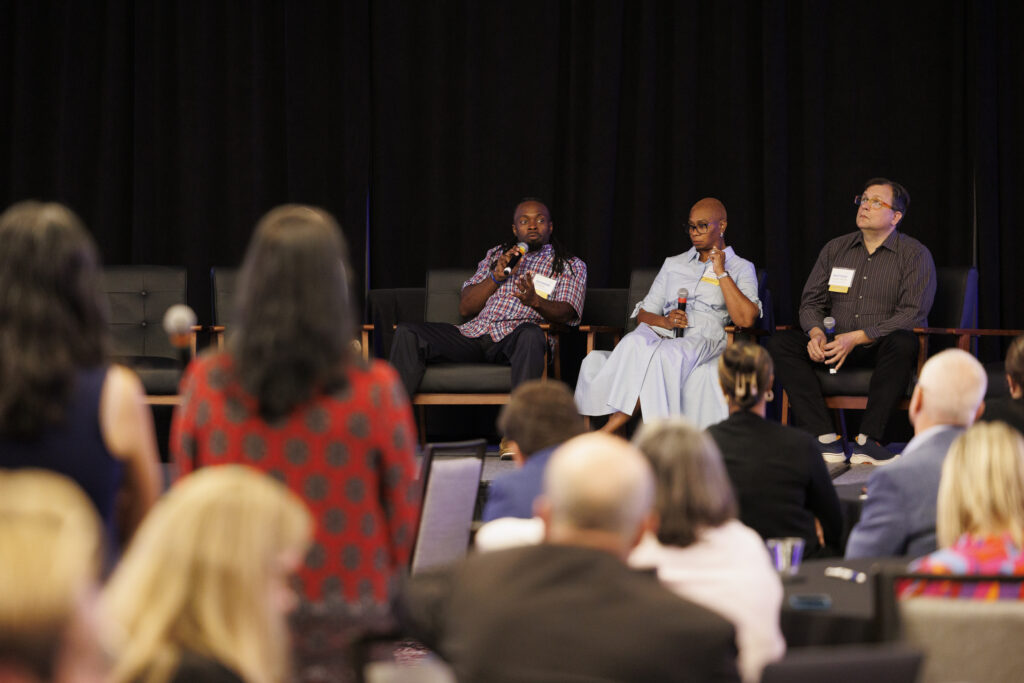
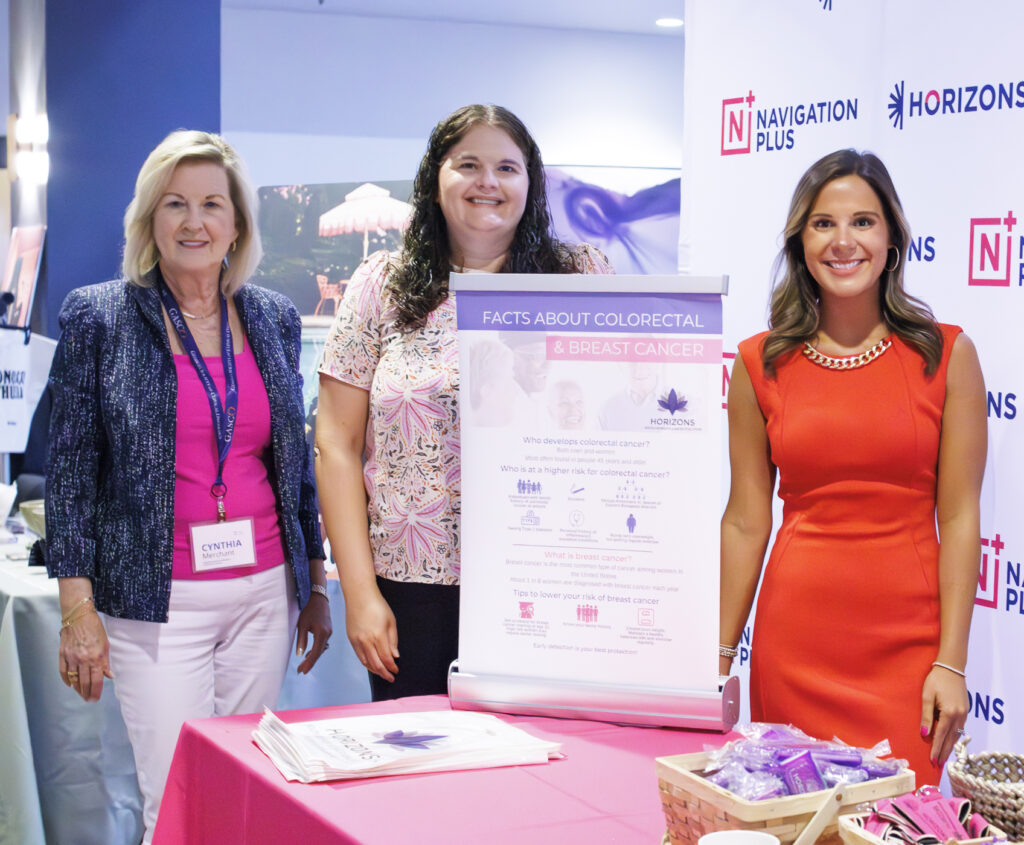
What interventions or activities did you use to increase CRC screening rates?
The Georgia CRCCP used all five of the CDC’s EBIs to improve screening rates in its clinics. In particular, the use of screening navigation – led by Horizons, Southwest Georgia’s Cancer Coalition – has been foundational to the success of the program. Navigators work with all clinics to contact patients to lead them through the stool-based testing process, and also through follow-up colonoscopy, if there is a positive result from the stool-based test. Our clinical liaisons have also worked with providers to find the most effective provider reminders and to reduce the number of clicks the providers need to make in the EHR to order the screening. That has helped the providers be more efficient with their time and more willing to order the test. We have learned that implementing EBIs is a continual process, and we are always finding new ways of engaging and improving activities to reach patients and providers.
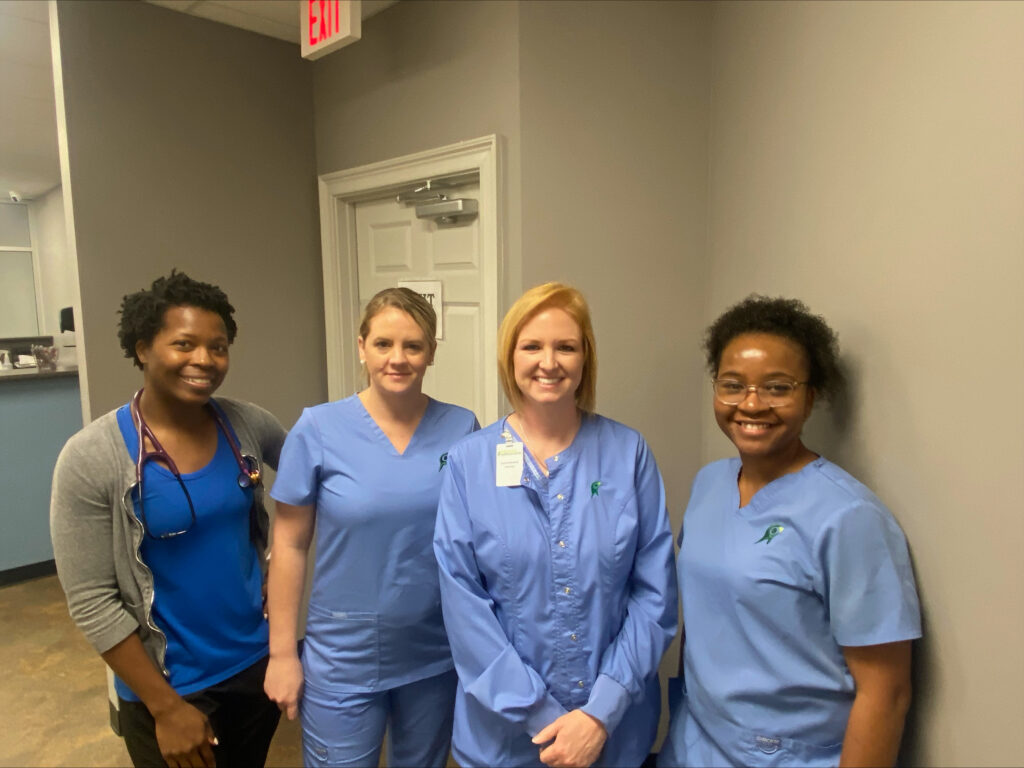
What do you consider Georgia CORE’s greatest success while working to increase CRC screening rates?
We are incredibly proud of the partnerships that have been formed with FQHCs, cancer coalitions and other nonprofit organizations, our academic partner, providers, navigators, and state elected and appointed officials. We keep an engagement tracker for everyone involved in the program so we can measure how many conversations are happening as we raise awareness of the importance of screening. These relationships will help the cancer screening efforts in the state well past this program.
What was Georgia CORE’s biggest lesson learned while working to increase CRC screening rates?
We learned a great deal about the barriers to screening for rural communities. I think we started the program understanding some basic assumptions about transportation, health literacy, and cost, but the challenges facing rural communities go far beyond those issues. Our partners, especially those working in the FQHCs, provided incredible insight into these issues and helped us innovate ways to overcome as many as possible.
What else would Georgia CORE want others to know about how you increased CRC screening rates?
We started this program at the height of the pandemic. We had no choice but to be flexible and have kept that mindset throughout. Flexibility allowed us to bring on new partners, change modalities and tactics, find improvements for our providers and patients, and think broadly about how increased screening can impact these regions and the entire state. This program has been successful in Georgia because of an incredible team of partners who are passionate about saving lives through access to CRC screening.
The ACS NCCRT would like to thank the Georgia CORE team for their time to complete this interview. Georgia CORE‘s work to increase CRC screening rates earned them Honoree status for the 2025 ACS NCCRT National Achievement Awards. Learn more about Georgia CORE by visiting their website.
